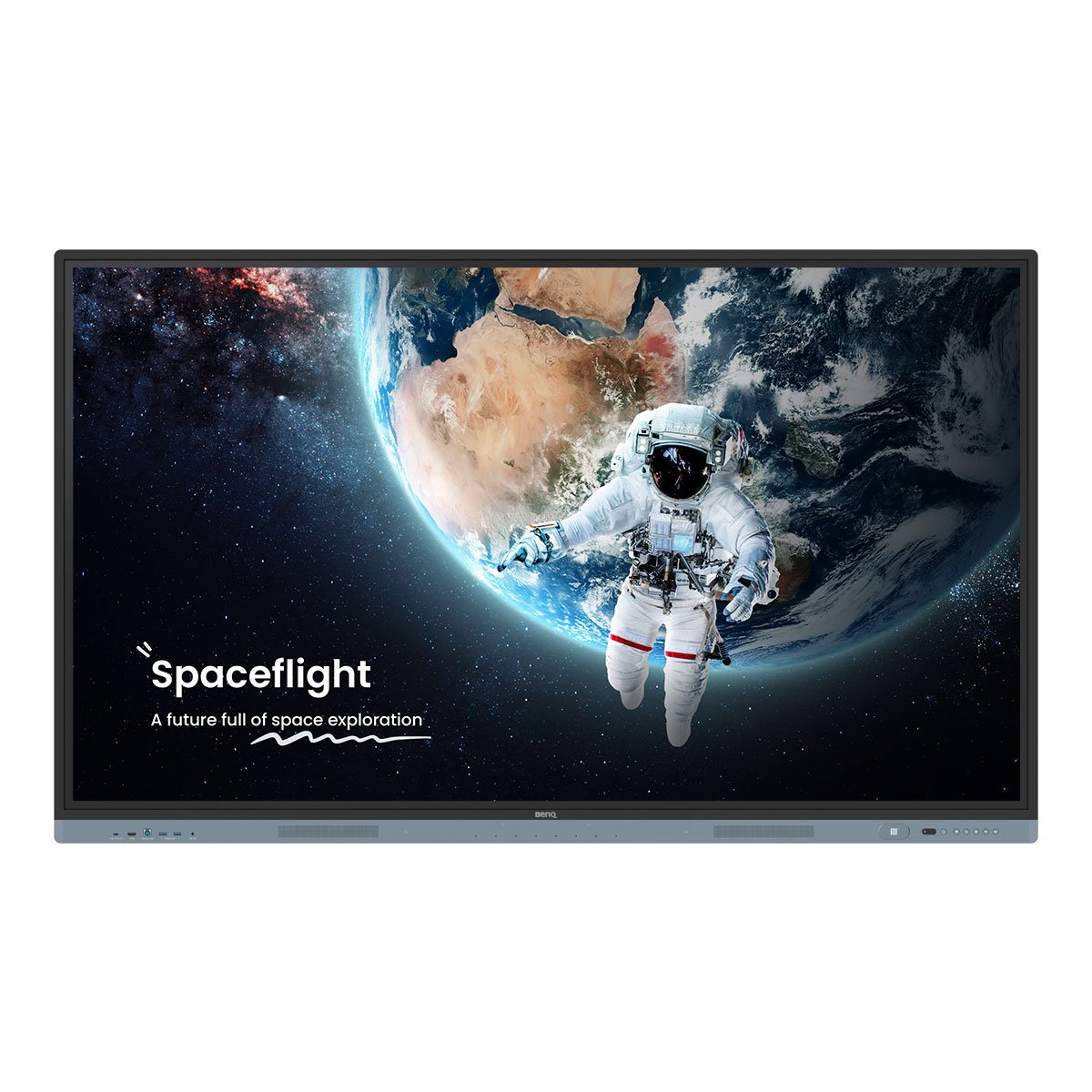About the Class
University College London (UCL) has a Digital Technologies Policy Laboratory (DPTL), an interdisciplinary research group that works closely with policymakers and technology leaders with the aim of developing actionable solutions to problems caused by emerging digital technologies.
DPTL Director, Professor Madeline Carr invited research fellow, Dr. Alex Chung to deliver a lecture designed to give postgraduate students the opportunity to discuss “wicked problems” related to existing cybersecurity policies.
Wicked problems are policy issues that have become far too complex to solve because of how interconnected they are with other public domains. To help simplify these issues, Dr. Chung, together with Professor Carr, developed an interactive policy map.
“The map helps students better understand the governance structure of UK cybersecurity by looking who the main policy actors are, what they're working on, and how they work with one another across the government,” explains Dr. Chung.
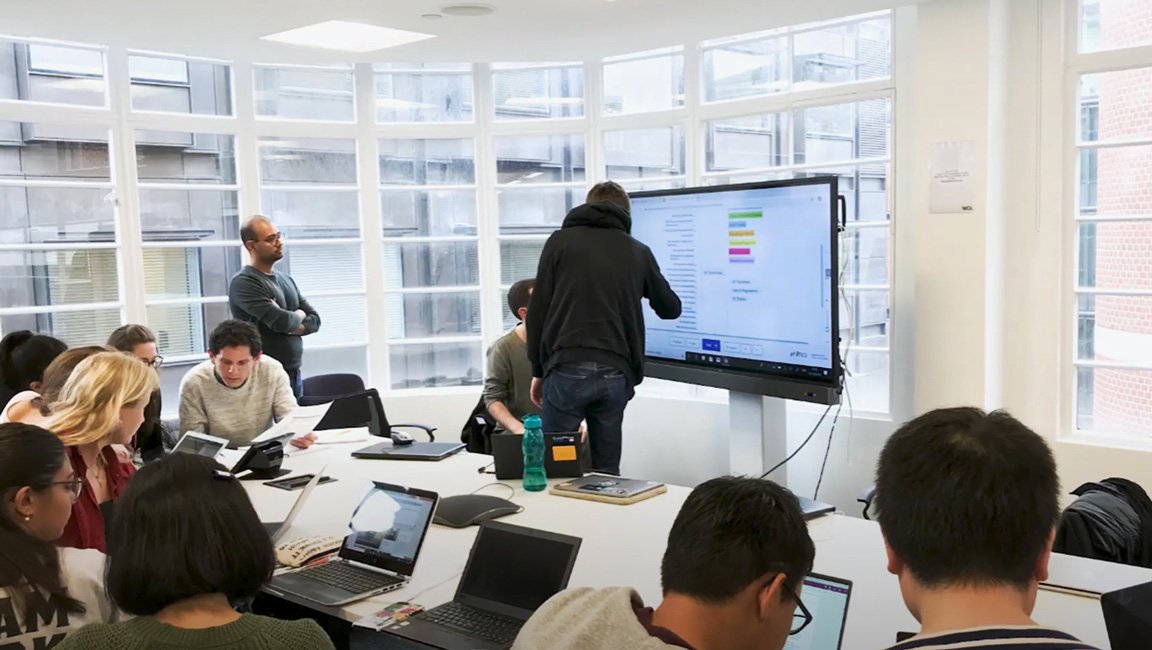
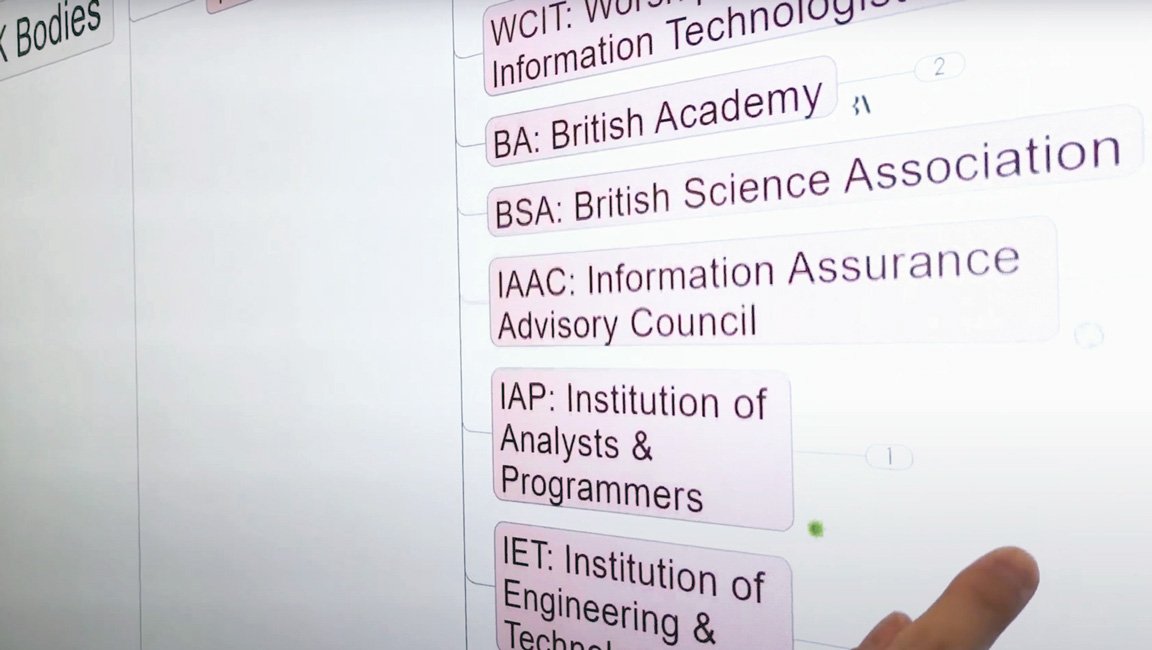


The Challenge
In previous sessions, Dr. Chung projected the map onto a whiteboard and operated it from his laptop—a tedious, time-consuming setup that forced him to constantly switch between his laptop and the whiteboard.
The setup also affected student participation. Even though the students could load the map on their own devices, this defeated the collaborative aspect of the activity. As each student became too preoccupied exploring the map on their own, their focus veered away from the main discussion happening on the board.
Dr. Chung needed a better way to present the map and get students to work together on their wicked problems.
“The BenQ interactive display becomes really useful because you can navigate the map by zooming in and zooming out of different levels of the map structure.”
BenQ Solutions
The UCL Department of Science, Technology, Engineering and Public Policy (STEaPP) had acquired BenQ Boards for lecture purposes as the interactive display offered both interactive whiteboarding and screen sharing. For Dr. Chung’s purposes, the display was perfect for his class because the following criteria:
Connectivity
Dr. Chung uploaded his policy map on the web since he wanted it to be used by others for their own policy explorations. He needed the display to be connected to the internet so it would be easy for him to load it directly from a browser.
Size
UCL uses the 86” BenQ Board Pro, which has a large workspace conducive for side-by-side learning. Students can stay in front of the board to explore topics together. The large size also helps other students in class see the items on the board while their peers work on the map.
Interactivity
Since he and professor Carr designed the map to be interactive, he needed students to be able to get hands-on with it. The BenQ Board’s multiple touch points and quick touch response allows students to interact with the map simultaneously.
Dr. Chung notes: “In addition to being a really unique, hands-on, and fun experience for them, research has shown that an active, learner-centric teaching method can increase student engagement. The BenQ interactive display becomes really useful because you can navigate the map by zooming in and zooming out of different levels of the map structure.”
Annotation
Dr. Chung wanted a way for his students to add more information on the board as they worked. Since the map had to be displayed full screen the whole time, they needed to be able to annotate without leaving the browser. Conveniently, the BenQ Board has an annotation feature that is accessible via the Floating Tool.
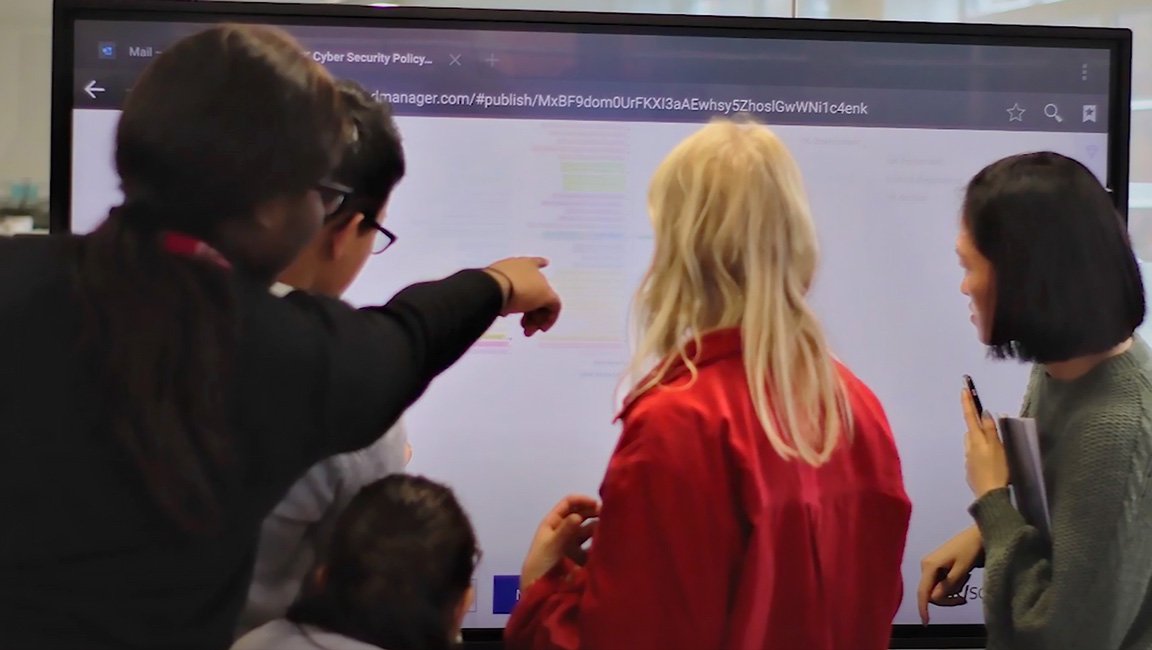
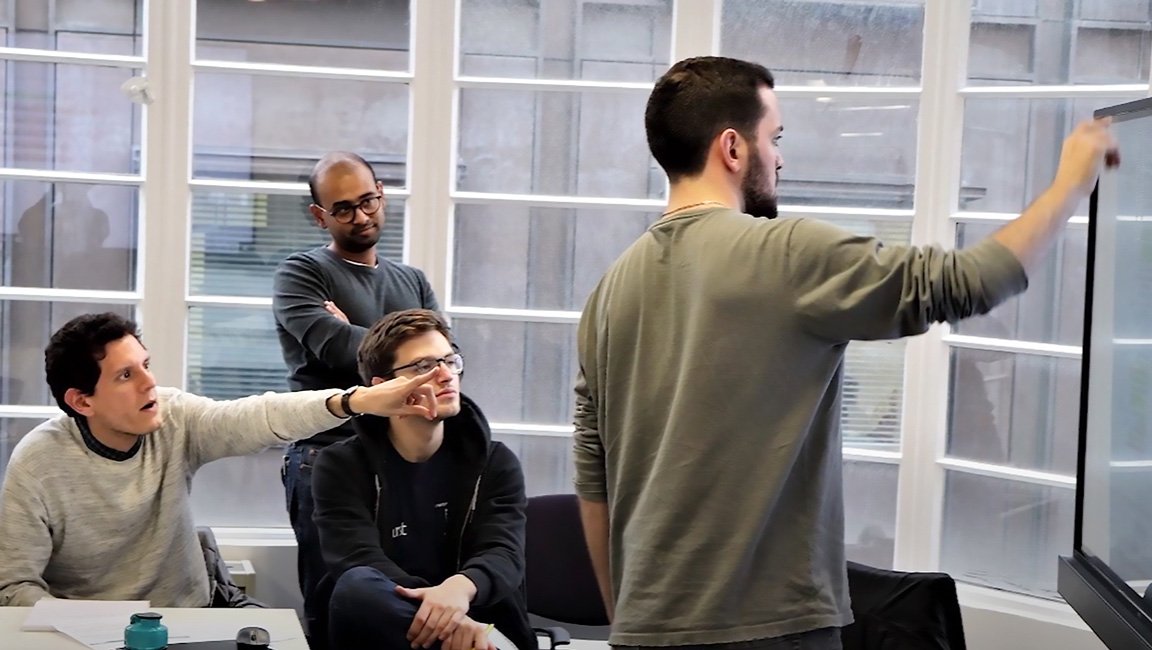


The Results
With very minimal instruction on how to operate the BenQ Board, the students had no issues in using the map on their own. They found it easy to navigate and annotate as they started working on their wicked problems.
“It's really a great way to visualize what kind of stakeholders are involved and if they're working with policy questions or law enforcement or any other types of issues,” says Malla Tedroff, an MPA candidate at UCL STEaPP.
“I would definitely recommend it specifically for group assignments as it creates this dynamic and collaborative environment”
Tedroff notes how since the board has a touchscreen interface, it was natural for her and her peers to want to interact with the information: “When you’re using a large screen and a big map where you can actually use your hands and fingers, [it] creates a little bit more engagement.”
“I would just imagine the setting with a group and if we all had our specific computer, it wouldn't have been as collaborative. So that's very, very key when doing sort of group projects. I would definitely recommend it specifically for group assignments as it creates this dynamic and collaborative environment.”
A version of this case study appears in our research paper, Active Learning in the 21st Century Classroom.

